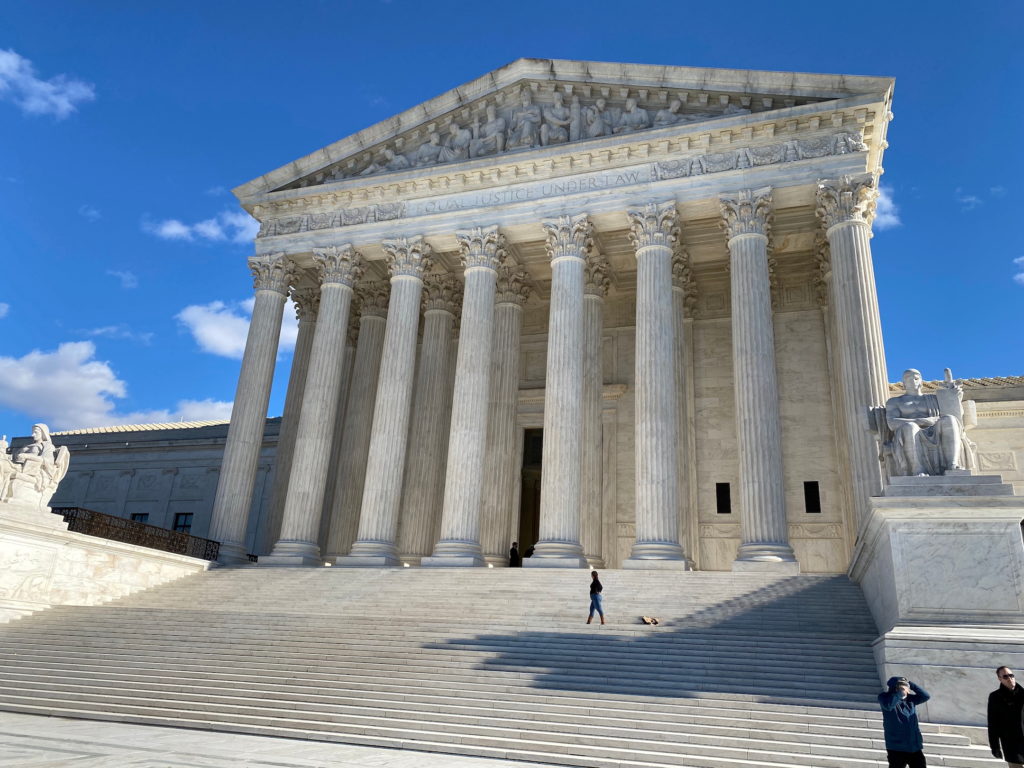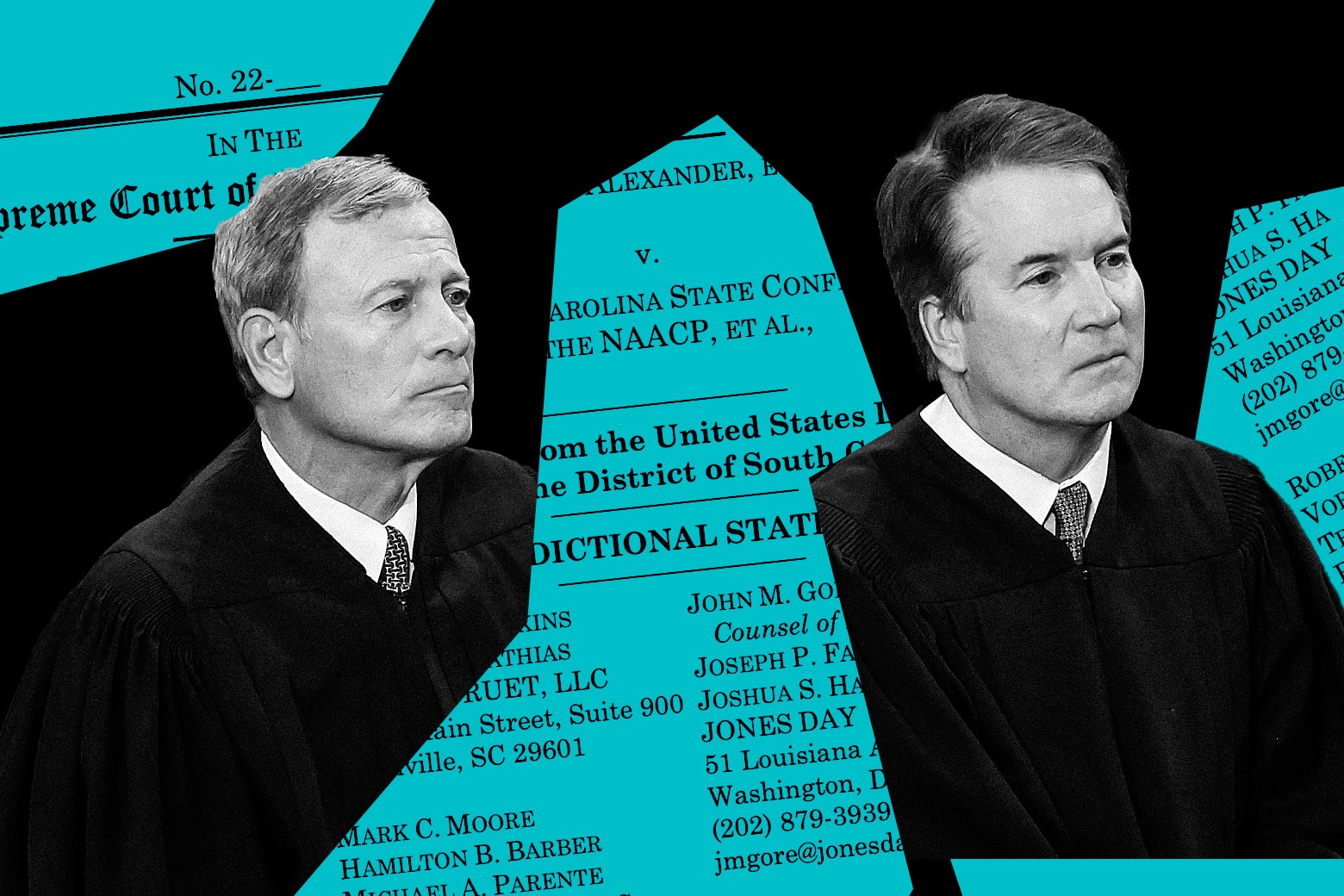- Feb 6, 2002
- 39,744
- 33,352
- 136
Look at this case that made it to SCOTUS and take a look how they ruled. Tell me how this case does not weaken civil rights protections.
As SCOTUS’ conservative majority weakens civil rights, Sonia Sotomayor begs to differ (msn.com)
The case involves a 2014 dispute between Erik Egbert, a US Border Patrol agent, and Robert Boule, the owner of an inn that abuts the US-Canada border in Washington state. Egbert and Boule clashed over a Turkish guest at the inn who Egbert wanted to investigate. Boule claimed Egbert entered the property without a warrant and that he told the agent to leave but Egbert allegedly refused, got violent, and threw him against a vehicle and then to the ground. Boule complained to Egbert’s supervisors, after which the agent allegedly retaliated against Boule by contacting the Internal Revenue Service and prompting a tax audit. Boule then sued Egbert in federal court for excessive use of force (a Fourth Amendment violation) and for unlawful retaliation (a First Amendment violation).
Eventually the case landed before the US Supreme Court after an appeals court allowed Boule’s lawsuit to proceed. And last week came the 6-3 decision, where the conservative majority said that federal agents may not be held liable for the violation of constitutional rights unless Congress authorizes lawsuits for damages. In other words, the court didn’t eliminate the possibility that civil damages suits could be brought against federal officials for constitutional violations; the justices said that it’s Congress’s job to determine when someone can file a lawsuit for monetary damages in those cases.
Justice Clarence Thomas, writing for the majority, said that allowing a suit against a Border Patrol agent “presents national security concerns that foreclose Bivens relief.” A Bivens action refers to any lawsuit for damages against a federal officer for constitutional violations. Ultimately, the majority concluded that “a Bivens cause of action may not lie where, as here, national security is at issue.”
Sotomayor forcefully pushed back against the majority’s reasoning in her dissent, which was joined by justices Stephen Breyer and Elena Kagan. “This case does not remotely implicate national security,” Sotomayor wrote. She added, “The Court may wish it were otherwise,” but based on the facts of the case, “its effort to raise the specter of national security is mere sleight of hand.”
As SCOTUS’ conservative majority weakens civil rights, Sonia Sotomayor begs to differ (msn.com)




